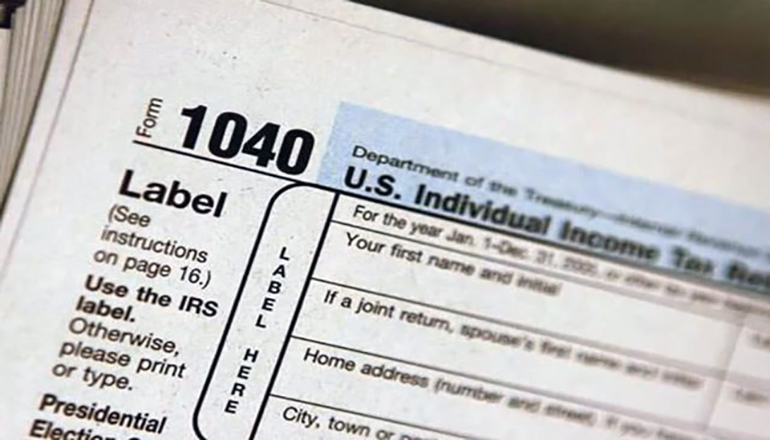The Internal Revenue Service today warned the public about a new twist on the IRS impersonation phone scam whereby criminals fake calls from the Taxpayer Advocate Service (TAS), an independent organization within the IRS.
Similar to other IRS impersonation scams, thieves make unsolicited phone calls to their intended victims fraudulently claiming to be from the IRS. In this most recent scam variation, callers “spoof” the telephone number of the IRS Taxpayer Advocate Service office in Houston or Brooklyn. Calls may be ‘robo-calls’ that request a callback. Once the taxpayer returns the call, the con artist requests personal information, including Social Security number or individual taxpayer identification number (ITIN).
TAS can help protect your taxpayer rights. TAS can help if you need assistance resolving an IRS problem, if your problem is causing financial difficulty, or if you believe an IRS system or procedure isn’t working as it should. TAS does not initiate calls to taxpayers “out of the blue.” Typically, a taxpayer would contact TAS for help first, and only then would TAS reach out to the taxpayer.
In other variations of the IRS impersonation phone scam, fraudsters demand immediate payment of taxes by a prepaid debit card or wire transfer. The callers are often hostile and abusive.
Alternately, scammers may tell would-be victims that they are entitled to a large refund but must first provide personal information. Other characteristics of these scams include:
- Scammers use fake names and IRS badge numbers to identify themselves.
- Scammers may know the last four digits of the taxpayer’s Social Security number.
- Scammers spoof caller ID to make the phone number appear as if the IRS or another local law enforcement agency is calling.
- Scammers may send bogus IRS emails to victims to support their bogus calls.
- Victims hear background noise of other calls to mimic a call site.
- After threatening victims with jail time or with, driver’s license or other professional license revocation, scammers hang up. Others soon call back pretending to be from local law enforcement agencies or the Department of Motor Vehicles, and caller ID again supports their claim.
Here are some things the scammers often do, but the IRS will not do. Taxpayers should remember that any one of these is a tell-tale sign of a scam.
The IRS will never:
- Call to demand immediate payment using a specific payment method such as a prepaid debit card, gift card or wire transfer. Generally, the IRS will first mail a bill to any taxpayer who owes taxes.
- Threaten to immediately bring in local police or other law-enforcement groups to have the taxpayer arrested for not paying.
- Demand that taxes be paid without giving taxpayers the opportunity to question or appeal the amount owed.
- Ask for credit or debit card numbers over the phone.
- Call about an unexpected refund.
For taxpayers who don’t owe taxes or don’t think they do:
- Please report IRS or Treasury-related fraudulent calls to [email protected] (Subject: IRS Phone Scam).
- Do not give out any information. Hang up immediately. The longer the con artist is engaged; the more opportunity he/she believes exists, potentially prompting more calls.
- Contact TIGTA to report the call. Use their IRS Impersonation Scam Reporting web page. Alternatively, call 800-366-4484.
- Report it to the Federal Trade Commission. Use the “FTC Complaint Assistant” on FTC.gov. Please add “IRS Telephone Scam” in the notes.
For those who owe taxes or think they do:
- Call the IRS at 800-829-1040. IRS workers can help.
- View tax account online. Taxpayers can see their past 24 months of payment history, payoff amount and balance of each tax year owed.
Stay alert to scams that use the IRS or other legitimate companies and agencies as a lure. Tax scams can happen at any time of year, not just at tax time. For more information visit Tax Scams and Consumer Alerts on IRS.gov.







